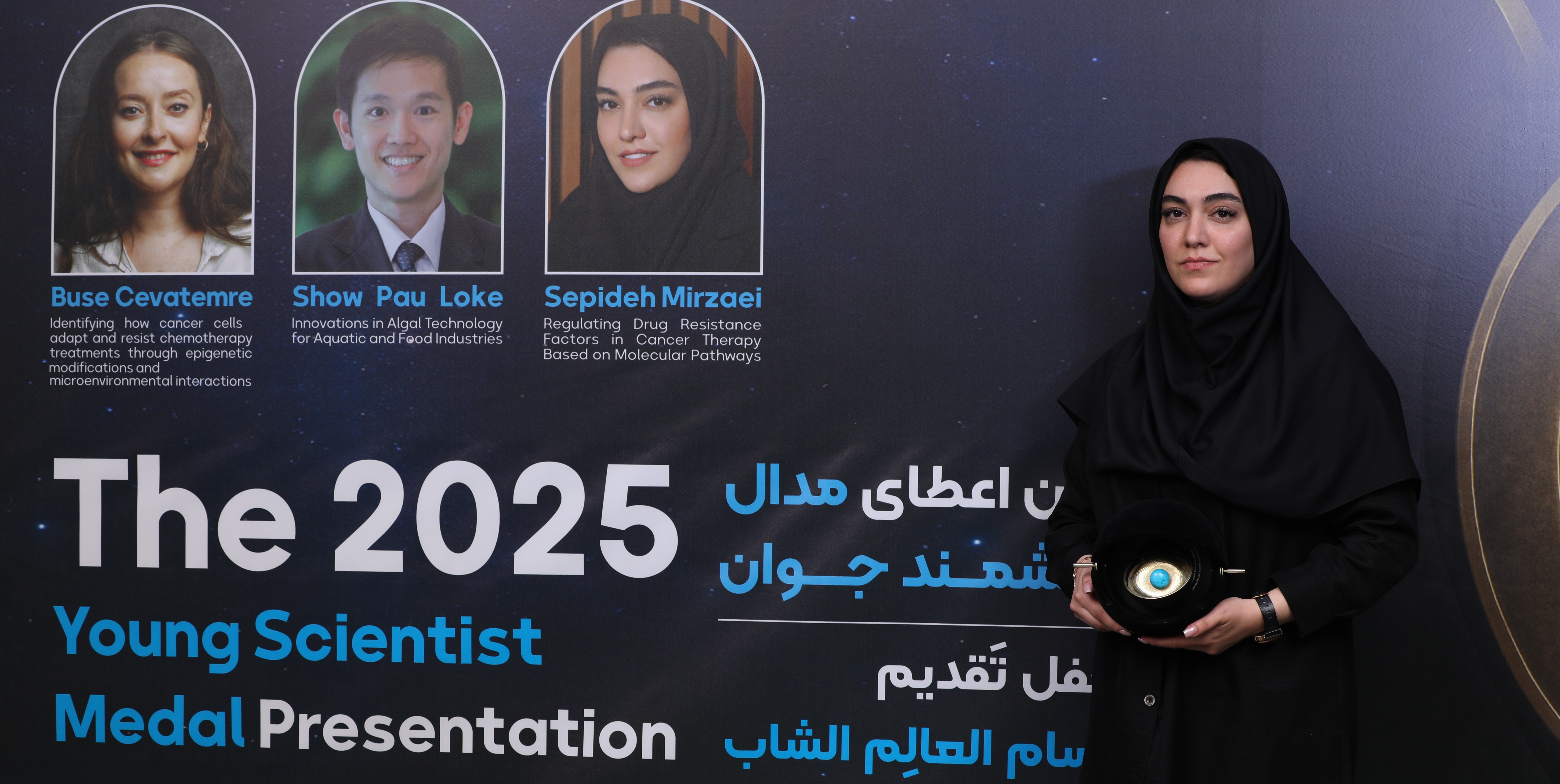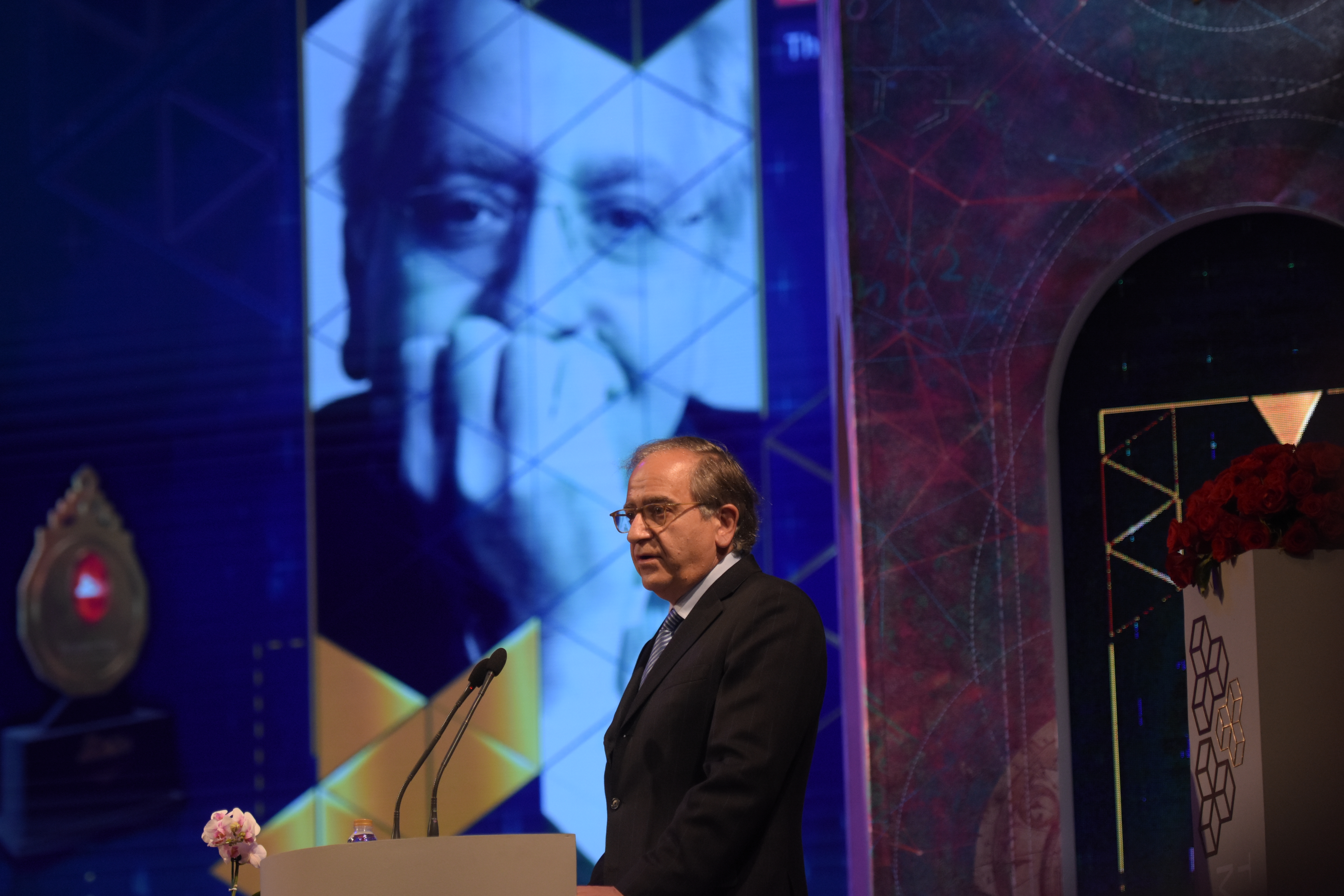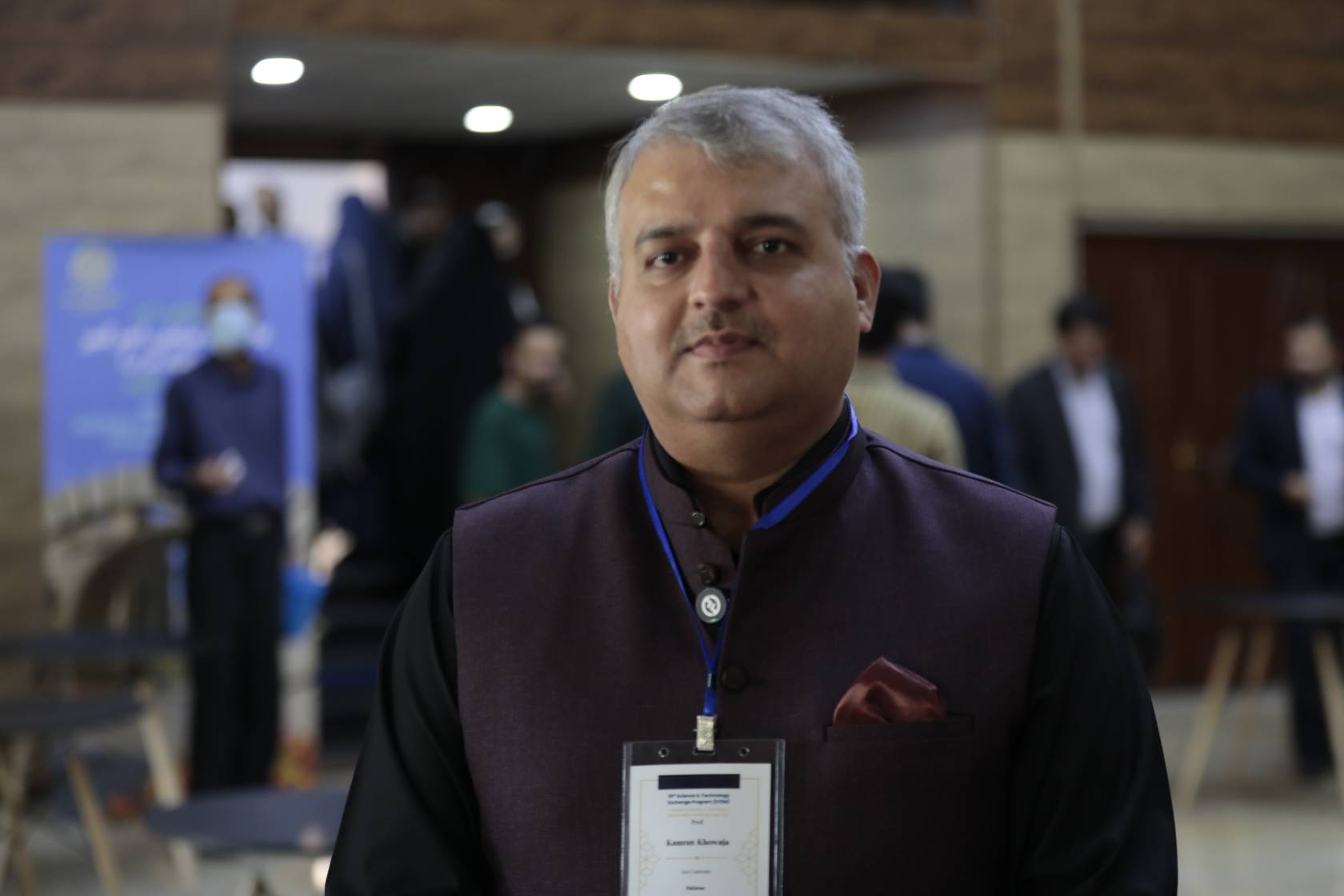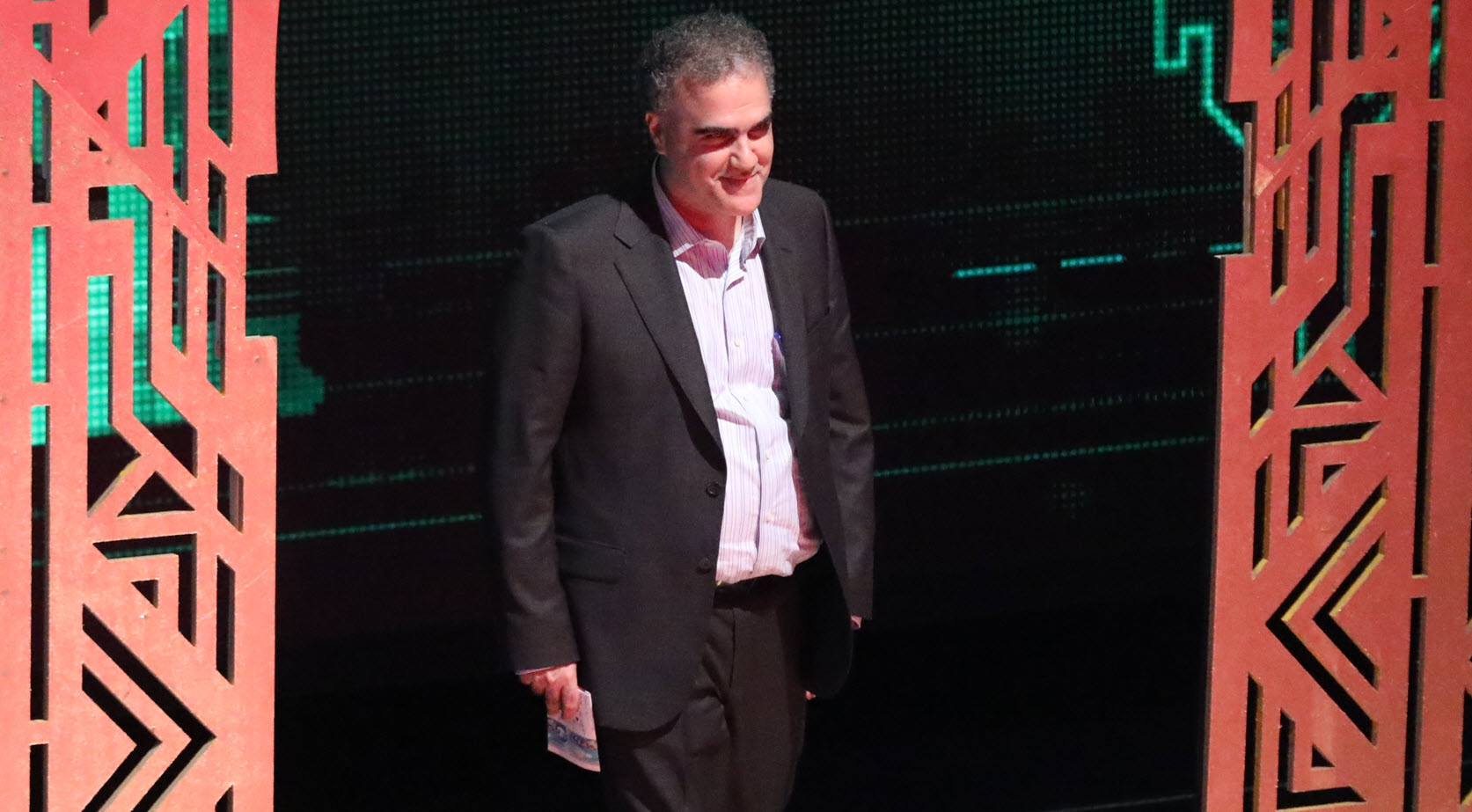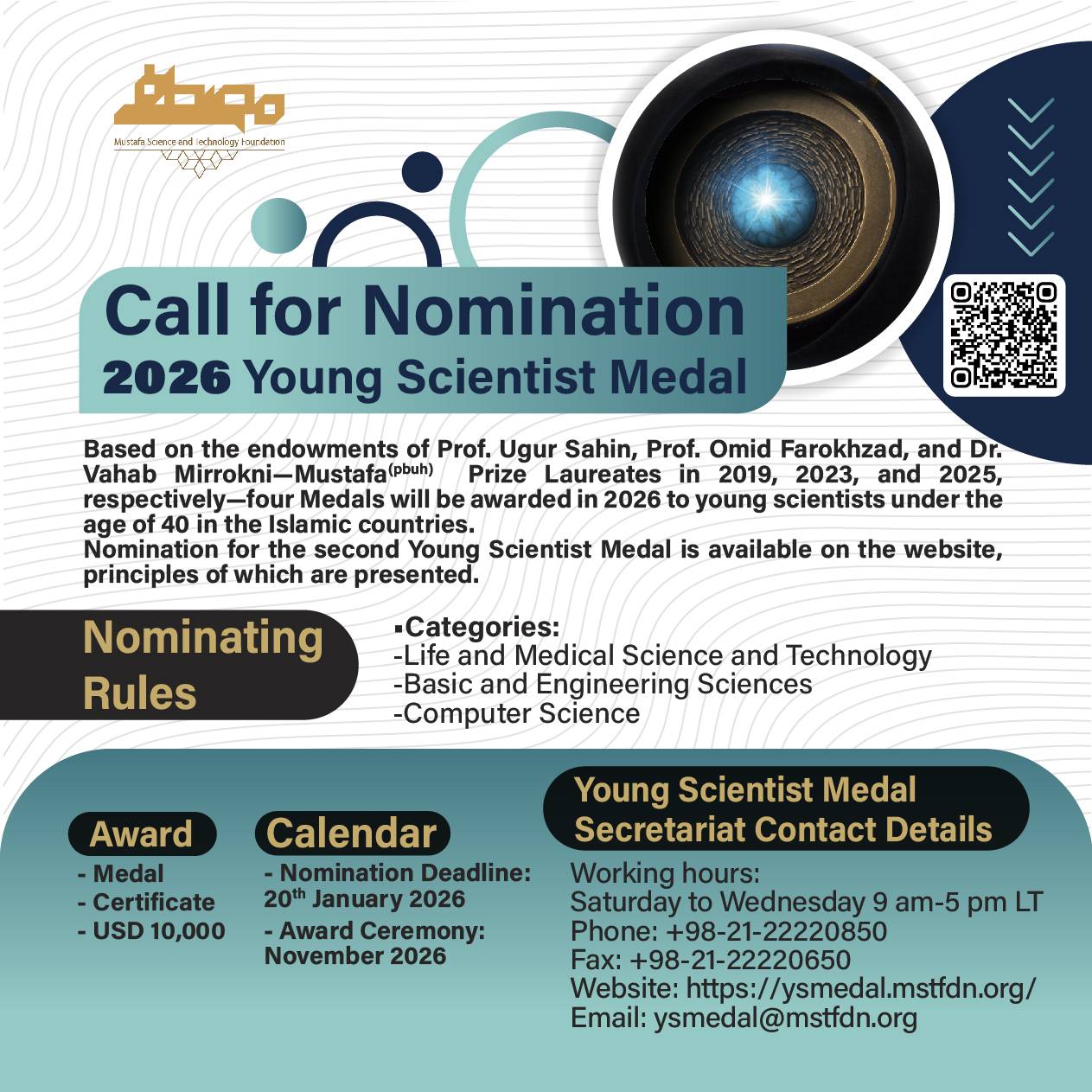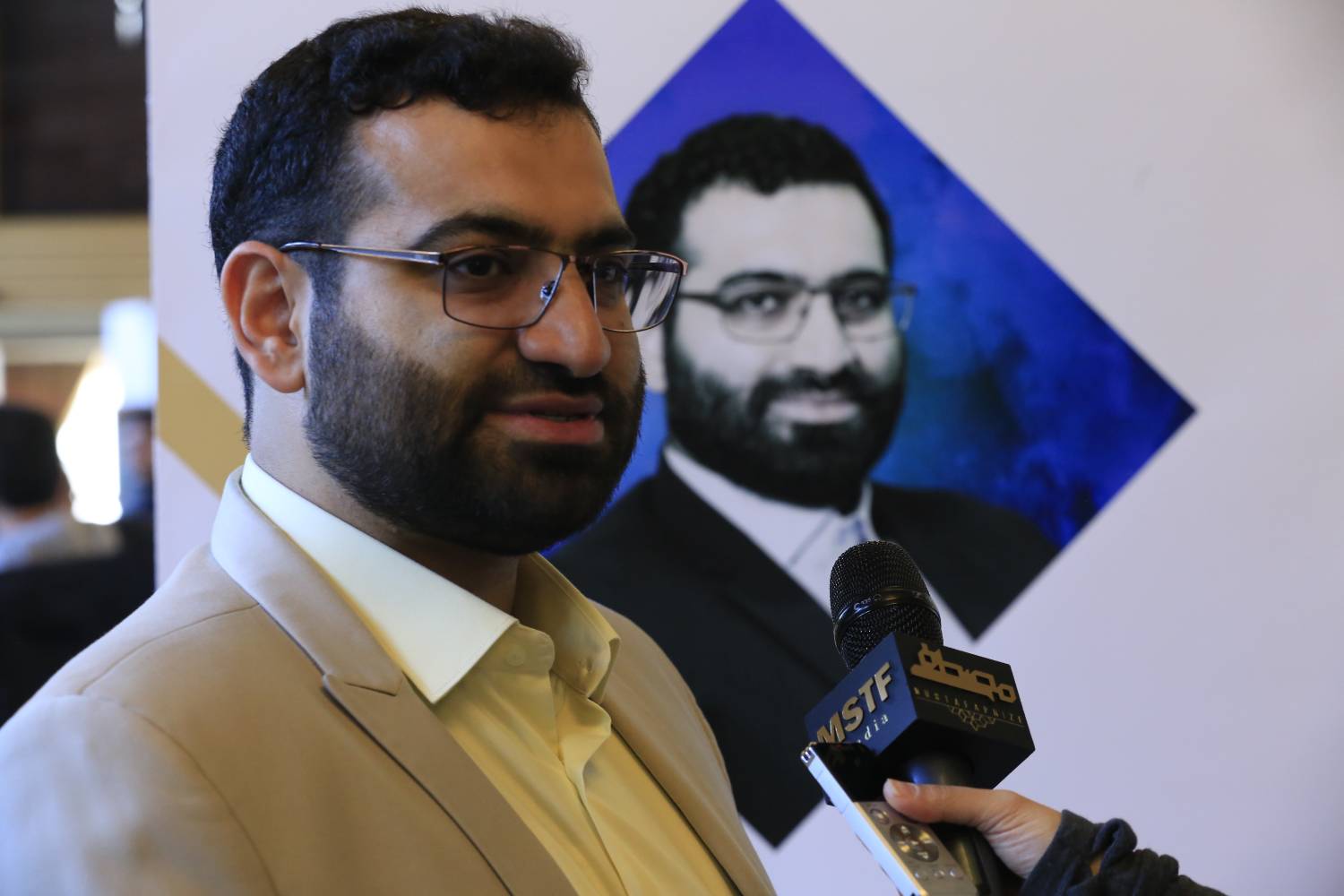“I set out to build beautiful things and solve intellectual problems”
Omar Yaghi was just changing flights when he had heard the news that he had been awarded the 2025 Nobel Prize in Chemistry. In this conversation, recorded as he was departing on the next leg of his journey, Yaghi speaks about his early life as a refugee in Jordan, the wonderful way his field has developed, and the overwhelming draw of the beauty of chemistry.
Omar Yaghi: Hello.
Adam Smith: Hello, Professor Yaghi. This is Adam Smith calling from nobelprize.org, the website of the Nobel Prize.
OY: Hi.
AS: Many congratulations on the award.
OY: Thank you. Thank you very much.
AS: Is it okay to talk just for very few minutes to record a quick interview for the website?
OY: Sure. I’m on a flight and they’re just pulling out of the gate. But yes, I’ll be delighted to talk to you as long as the connection is on.
AS: How very kind. And what a place to catch you!
OY: Well, they called me as I was landing from my other flight.
AS: You never know when the news will come. Yes.
OY: Yes, yes.
AS: And oh gosh, your first reaction to the news?
OY: Astonished, delighted, overwhelmed.
AS: Special in so many ways. You’re known as the father of the field of metal-organic frameworks.
OY: Yes.
AS: You’re, I think perhaps the first Nobel Laureate to be born in Jordan. I don’t know?
OY: That’s very possible. That may very well be, yes.
AS: What a journey you have been on with your chemistry and your life. Amazing.
OY: It has. I mean, you know, I grew up in a very humble home and we were a dozen of us in one small room, sharing it with the cattle that we used to raise. So yes. And I was born in a family of refugees and my parents barely could read or write. I think my father finished sixth grade and my mother couldn’t read and write. So it’s quite a journey, and science allows you to do it. I mean, science is the greatest equalizing force in the world.
AS: Yes, indeed. And it’s a testament to the fact that talent exists everywhere, if one just gives it some opportunity to thrive.
OY: I agree. I agree. Smart people, talented people, skilled people exist everywhere. That’s why we really should focus on unleashing their potential through providing them with opportunity.
AS: Indeed, indeed. And it’s a huge, […] I’m sorry to catch you when this announcement is happening.
OY: No, no, that’s okay.
AS: It must be extraordinary to have seen this field flourish to the extent that it has. It’s just been 30 years since, your first forays into it.
OY: Yeah, I mean, I started at Arizona State University in my independent career. My dream was to publish at least one paper that receives 100 citations. Now my students say that our group has garnered over 250,000 citations. So yes, it was totally unexpected. But again, the beauty of chemistry is that if you learn how to control matter on the atomic and molecular level, well, the potential is great. We opened a gold mine in that way. And the field grew and it allowed people to come in and become stars in their own right, due to their own contribution. That’s the beautiful thing about this field, is that we are, I would say it’s a field that allows the scientists to go in and find their direction and build their career, build their ideas, and become pillars of the field.
AS: Fulfilling this joint objective of allowing people to be so intellectually curious and also potentially solving certain problems or at least helping alleviate certain problems like polluted water.
OY: Yes. Like I said, I think, once you control matter on the atomic molecular level, well, now you can imagine things that you want to make to address a specific problem, whether it’s a large problem facing society like water and CO2 capture or making sensors or, therapeutics, converting harmful molecules into harmless molecules, all these become possible because you can control and tweak and, first construct frameworks and then go in and, almost surgically attach or take away components that allow you to build the appropriate cavities that seek out specific components of a much larger mixture. It’s very, very exciting. I mean, it really is the dream of chemists is to be able to build chemical structures by the building block approach. We figured out the recipe on how to do that, the conditions under which to do that. What we found is an immense diversity of frameworks and correspondingly an immense number of applications.
AS: It’s so nice that today allows one to focus once again on the just the beauty of chemistry and the possibilities.
OY: Well, thank you for mentioning that, actually I was originally very interested in the beauty of molecules. In fact, when I was 10 years old, I went to the library and opened a book and there I found molecules we call, well, we call them stick and ball diagrams of molecules. I didn’t know they were molecules, but somehow I was immediately drawn to them. And later I learned that these are molecules that make up our world. And since then, I’ve chosen the problems to investigate, chemical problems, intellectual problems, based on the beauty of the molecules that are to be made and that are studied. So I didn’t, I mean, I don’t know if you want to print this, but when I set out, I didn’t set out to solve the world’s carbon problem or, or the water problem. I set out to, to build beautiful things and solve intellectual problems.
AS: That’s just lovely. And thank goodness for libraries.
OY: Exactly. Well, you know, when I give lectures to younger students, some of them ask me, how do you become passionate about something? How do you fall in love with chemistry? And I keep saying, just pick anything in your surrounding and think deeply about what it is made of and, and dig deeper. And the deeper you dig, the more beautiful things you find that things are constructed. So that at least, allows you an opportunity, the best chance to be attracted to chemistry. You don’t need to have a magnificent plan yet at such an early age, you just need to have, you need to go with what is drawing you towards a problem or a field.
AS: That’s deeply encouraging. We’re going to be getting into trouble any second, someone is going to tell you to turn that off.
OY: Yes, yes.
AS: And I guess perhaps on this flight, as news of this spreads around the plane, there will be celebrations. Who knows? At least among those sitting closest to you must have been listening, interested. Right. Anyway, I’m so grateful to you for talking to us. Thank you very much indeed.
OY: Thank you.
AS: Congratulations again.
OY: Thank you. Bye-bye.
AS: Bye-bye.
Did you find any typos in this text? We would appreciate your assistance in identifying any errors and to let us know. Thank you for taking the time to report the errors by sending us an e-mail.
